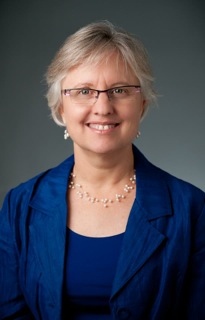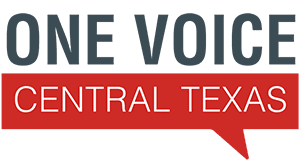
-
Name
Mary Ellen Isaacs -
Title
Director -
Organization Name
ACE: A Community for Education -
Number of Years as Executive Director
11 years as Director, 16 years at ACE
-
What does your organization do?
ACE: A Community for Education places full-time, highly trained AmeriCorps tutors into low-income schools to ensure children reach grade level in reading before third grade. ACE is in its 20th year of delivering research-based, best-practice tutoring to young struggling readers. Each year, on average, more than two-thirds of ACE tutored students reach grade level in reading. A recent external evaluation found that ACE significantly accelerates children's reading skills relative to a comparison group. -
How did you become interested in this work?
I'm a former reading specialist and educational diagnostician. I have also always been involved in community service. My work with ACE and AmeriCorps is a natural combination of these two passions. -
What drives your passion?
Literacy is the foundational skill for success in school and life. Early in my career, I fell in love with teaching young children to read--there is nothing so wonderful as watching a child connect with the power of literacy. The achievement gap for low-income students is real--so many children in our community start school already behind compared to their more economically advantaged peers, and the gap widens in each grade level if they don't get the extra support they need. We know what to do to change this. Early intervention and tutoring can bridge that gap. Focusing our AmeriCorps manpower resources on this pressing community need is working! ACE is part of the solution and that motivates me everyday! -
Do you have a mentor or a role model?
I have had many mentors and role models--no one succeeds on their own in community work! Dr. Uri Treisman, director of the UT Dana Center and founder of ACE, continues to inspire me. I've learned so much from the teachers I've worked with, and from my non-profit peers. My graduate school professors (Phil Gough, Jim Hoffman, Nancy Roser, Jo Worthy, and Connie Juel) inspired me to focus my career on early intervention to prevent future reading difficulties. And Dr. Sharon Vaughn, director of the UT Meadows Center for Preventing Educational Risk, has been an important mentor and colleague. -
What's the biggest challenge in your work?
Our current challenge is how to meet the growing need for early reading intervention in our community. We have more than tripled the size and reach of ACE in the past five years, and while our expansion has been very successful, growth brings challenges as well. It's an ongoing concern and challenge to weigh different opportunities for future growth and program development so that you maintain quality and outcomes. -
What's the best advice that you have ever received?
Focus on the core strengths of your organization. No one organization can do it all! -
What are your top tips for new Executive Directors?
- My experience is that Austin non-profits are very collaborative. Take advantage of this and seek out your peers and good mentors/coaches.
- A well-conceptualized strategic plan is your best friend!
- Partnerships are great---when they make sense. Don't partner for the sake of partnering--be clear about the benefits/costs.
